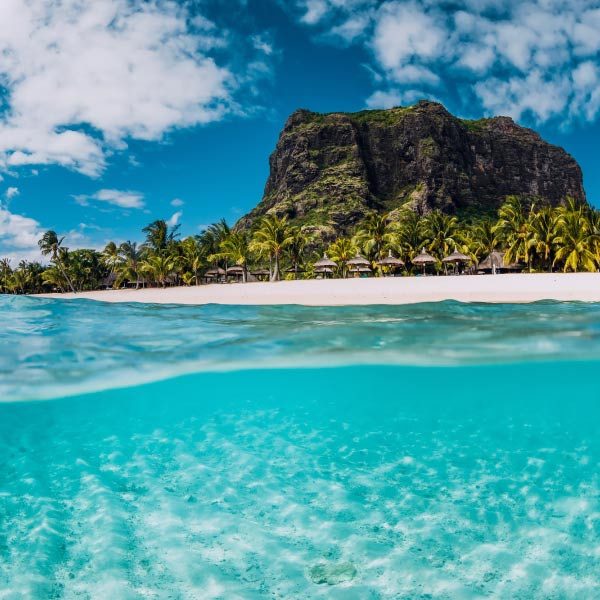MAURITIUS FORGES AHEAD AS AFRICA’S WEALTHIEST COUNTRY
When we think of Mauritius, the mind leans towards a tropical lifestyle that includes surf, sand and sundowners. However, over the last couple of decades, the island has successfully positioned itself as one of the most favourable economic hubs in Africa. News that their final obstacle has been removed, has investors and entrepreneurs suddenly looking at Mauritius with renewed interest.
A preferred business destination for investors
A recent report by New World Wealth ranked Mauritius as the wealthiest country in Africa on a wealth per person (wealth per capita) basis. As at June 2021, the average wealth per person was US$30,000, while South Africa came in second at only US$11,000. An influx of high-net-worth individuals (HNWIs) contributed to the finding, though it also revealed that there was an increase in local HNWIs, which is a good indicator of business growth potential.
The World Bank’s 2020 Doing Business Report, rated Mauritius 1st for ease of doing business in an African country, and 13th worldwide. This, along with low taxes, a fast-growing financial sector, and the fact that it is still rated as the safest country in Africa, primes it for foreign business formation and breeds an investment culture on the island.
South African business owners and entrepreneurs will take comfort in knowing that Mauritius has taken steps to ensure ongoing financial compliance, expedite due diligence requirements, and further streamline business start-up processes for investors.
The controversial grey list and the Mauritian response
Their rise to the top was momentarily halted when, on 21 February 2020, the Financial Action Task Force (FATF), included Mauritius in a “grey list” of countries with strategic deficiencies in their ability, or their intension, to combat suspicious financial activity through stringent anti-money laundering and countering the financing of terrorism (AML/CFT) frameworks.
While it sent cautionary shockwaves to investors and entrepreneurs who were hoping to invest into the island, the Government of Mauritius was quick to introduce a robust action plan to remove them from the FATF naughty list. With complete buy-in and collaboration from public sector institutions, private sector operators, as well as through consultation with international organizations and stakeholders in the financial sector, Mauritius implemented most of the suggested AML/CFT reforms.
The FATF delegation conducted an onsite visit to track the country’s progress, then, at their October 2021 Plenary meeting, announced their decision to delist Mauritius, which comes as a welcoming sigh on the cusp of holiday season. What is admirable, is not just the country’s dedication and commitment to removing themselves from the list, but the fact that they accomplished this feat in the throes of a global pandemic.
Restoring investor confidence
After overcoming this final hurdle, Mauritius is set to forge ahead. As an international financial centre, they play a vital role in facilitating foreign investment into the African continent. Their removal from the list solidifies Mauritius’ standing as one of the fastest developing economies in Africa. It places them front and centre as a safe and attractive option for South African investors who have been contemplating life on the island. The fact that the Government has extended validity periods across work, retirement and occupancy permits, or that the investment thresholds have been lowered, makes the allure of Mauritius impossible to overlook.
It might be daunting to consider all the financial implications of investing in a foreign country, not to mention the visa application processes that lie ahead. Once you have your sights set on Mauritius, make sure to take a trusted tax and immigration provider along for the journey. Allow them to take care of it and to eliminate the stress of the process.

